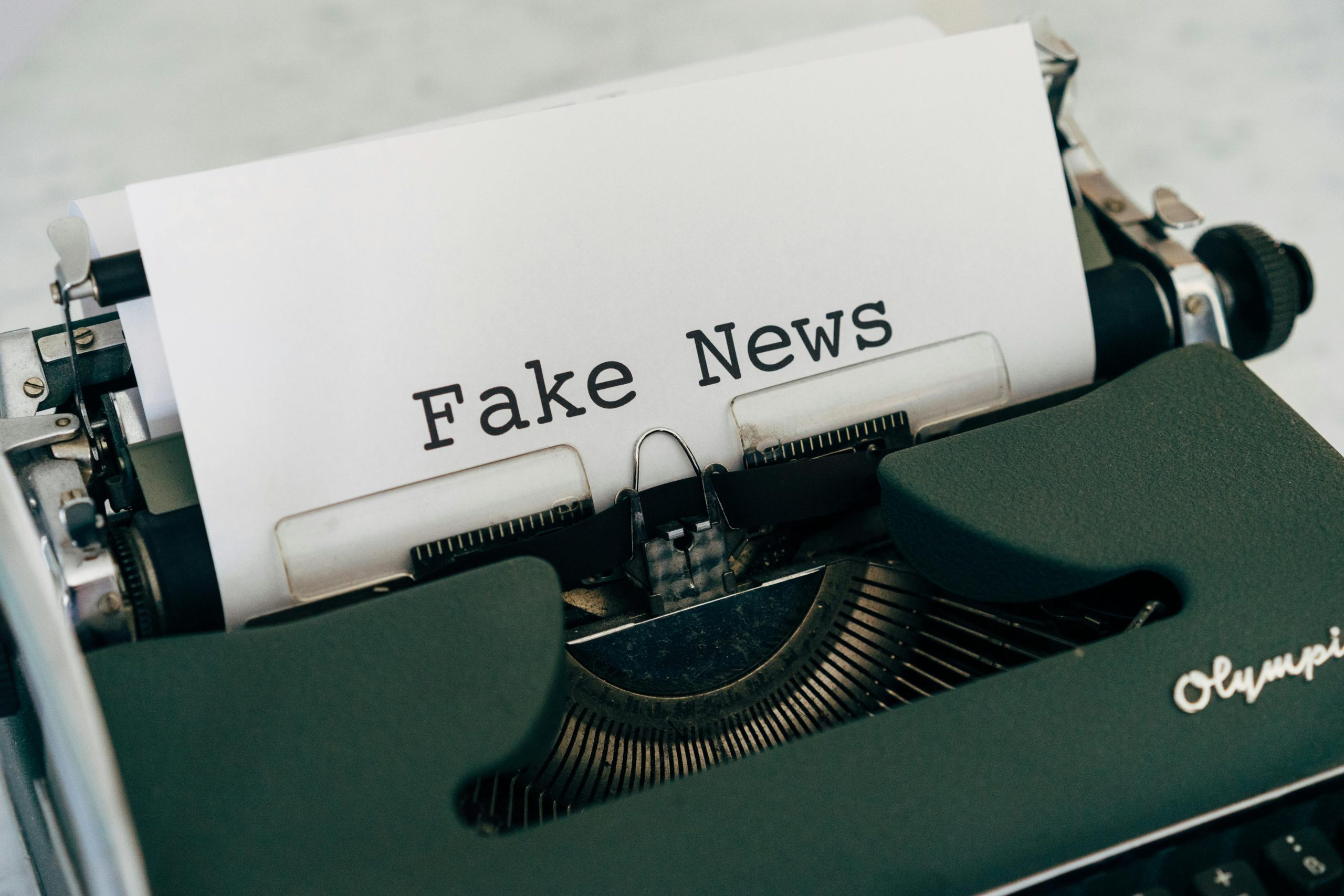Blog
Here are Few Examples of Misinformation on Social Media

The Dangers of Misinformation on Social Media: A Case Study
In the digital age, social media platforms have become indispensable for connecting people, sharing ideas, and disseminating information. However, these platforms are also breeding grounds for misinformation. One glaring example of this is the spread of false medical advice, such as the viral claim that drinking warm lemon water cures cancer by making the body alkaline.
The Origin of the Claim
This piece of misinformation likely started with a grain of truth: lemon water is a source of hydration and vitamin C, both beneficial to overall health. Over time, this fact morphed into an unsubstantiated claim that it could alter the body’s pH level and inhibit cancer cells, making the body “alkaline.” Proponents of this claim shared it widely across platforms like Facebook, Instagram, and TikTok, where it gained significant traction.
Why This Claim Is Misinformation
- Lack of Scientific Evidence
The idea that an “alkaline” diet or drink can cure cancer has been debunked by medical experts. The body maintains a tightly regulated pH level, regardless of diet, to ensure proper physiological function. Lemon water, while slightly acidic, does not significantly affect the body’s pH. - Oversimplification of Cancer Biology
Cancer is a complex disease with various causes, including genetic, environmental, and lifestyle factors. The claim that cancer cells thrive in acidic environments oversimplifies scientific research and ignores the complexity of tumor biology. - Potential for Harm
While lemon water itself is harmless, promoting it as a cure for cancer can lead people to delay or avoid proven medical treatments. Such delays can have devastating consequences for patients relying on evidence-based care.
The Role of Social Media
Social media platforms amplify misinformation in several ways:
- Virality Over Accuracy: Posts that are emotional, simple, or hopeful often go viral, even if they lack credibility.
- Echo Chambers: Algorithms reinforce beliefs by showing users content aligned with their interests, making it easier for false claims to spread unchecked.
- Lack of Verification: Users frequently share information without verifying its authenticity or source.
The Consequences of Misinformation
The impact of misinformation is far-reaching:
- Erosion of Trust in Experts: Repeated exposure to false claims undermines trust in medical professionals and institutions.
- Harm to Vulnerable Populations: Those desperately seeking cures for serious illnesses, like cancer, may fall victim to such claims.
- Public Health Risks: Misinformation can spread harmful practices, leading to wider societal repercussions.
Combating Misinformation
To counter misinformation, it’s vital for individuals and platforms to take action:
- Fact-Checking: Before sharing, verify information through credible sources like peer-reviewed journals or trusted health organizations.
- Report Misinformation: Social media platforms offer tools to report false information. Use them to flag misleading posts.
- Promote Media Literacy: Encourage critical thinking and educate people on how to assess the reliability of online information.
More Few Examples:
5G Networks Cause COVID-19: Some individuals spread rumors that 5G networks were responsible for the spread of the virus. This was also proven to be untrue.
Misleading Information About Climate Change: Some individuals and groups spread misinformation about the causes and effects of climate change, often denying its existence or downplaying its severity.
Conclusion
The viral claim about lemon water curing cancer highlights the pervasive issue of misinformation on social media. While social platforms have the power to connect and inform, they also have the responsibility to prevent the spread of falsehoods. As users, we must approach online information critically and prioritize evidence-based knowledge to safeguard individual and public health.















